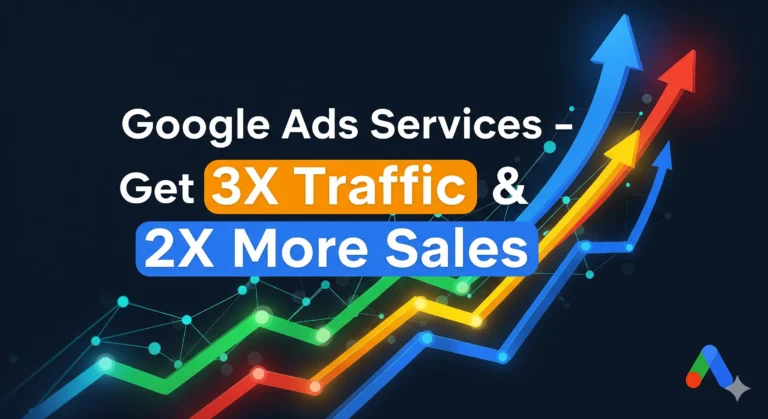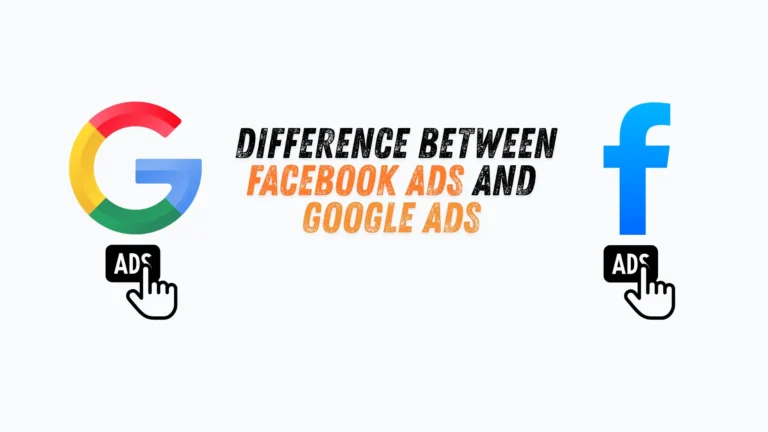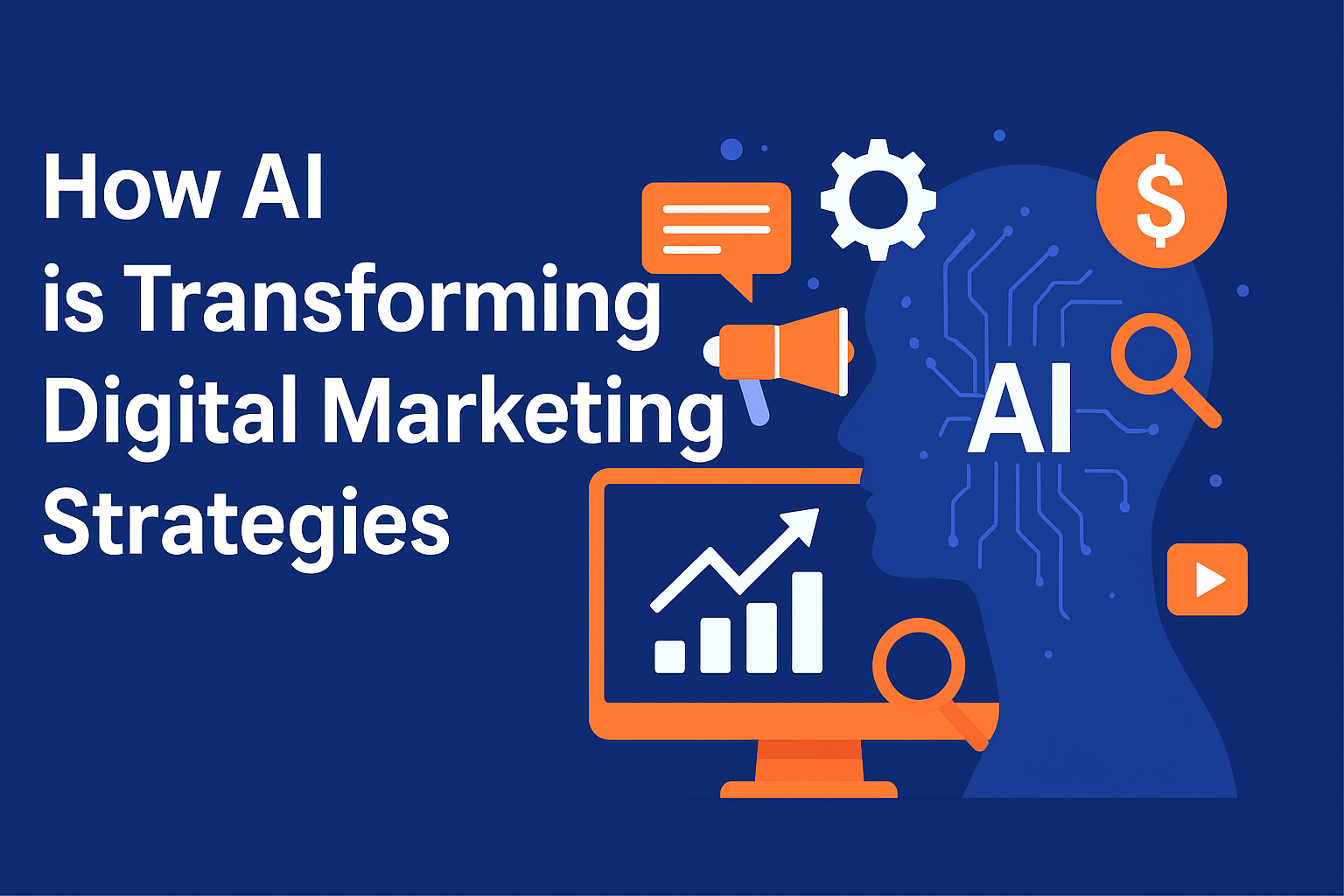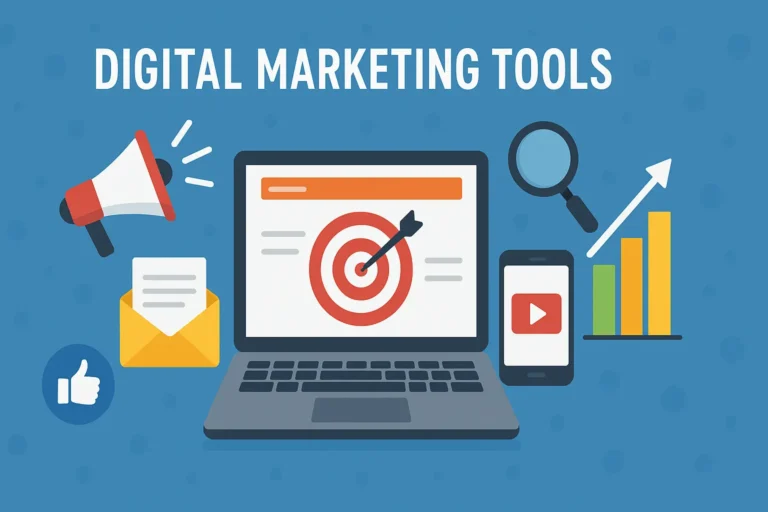Digital Marketing MCQ | Challenge Yourself with 25 Brilliant Questions
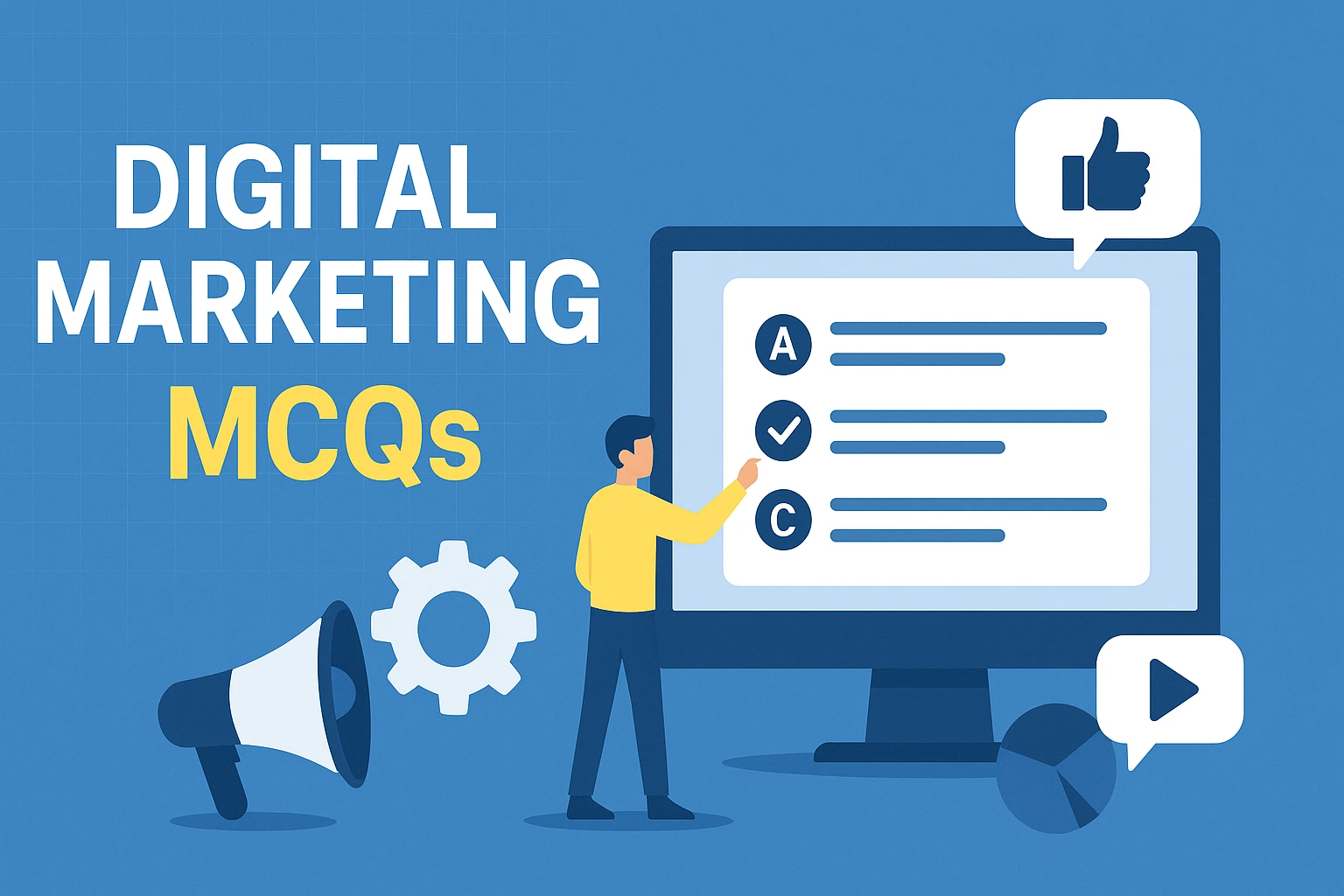
Digital Marketing MCQ resources are the secret weapon for students and professionals aiming to crush their certifications and interviews. But why just read about them when you can practice these Digital Marketing MCQ’s right now? This blog post blends crucial study guidance with a powerful set of over 25 digital marketing mcq questions to instantly benchmark your skills. Let’s get started and discover your true knowledge!
The digital landscape is vast, encompassing everything from social media and search engines to email campaigns and PPC advertising. Comprehending the fundamental ideas is essential to creating an effective marketing plan.
Why Test Yourself with Digital Marketing MCQs?
Multiple choice questions are a proven tool for active learning. They force your brain to recall information, identify the best answer among tricky options, and reveal glaring knowledge gaps. For a dynamic field like digital marketing, this is the best way to move from theory to practical understanding.(digital marketing mcq)
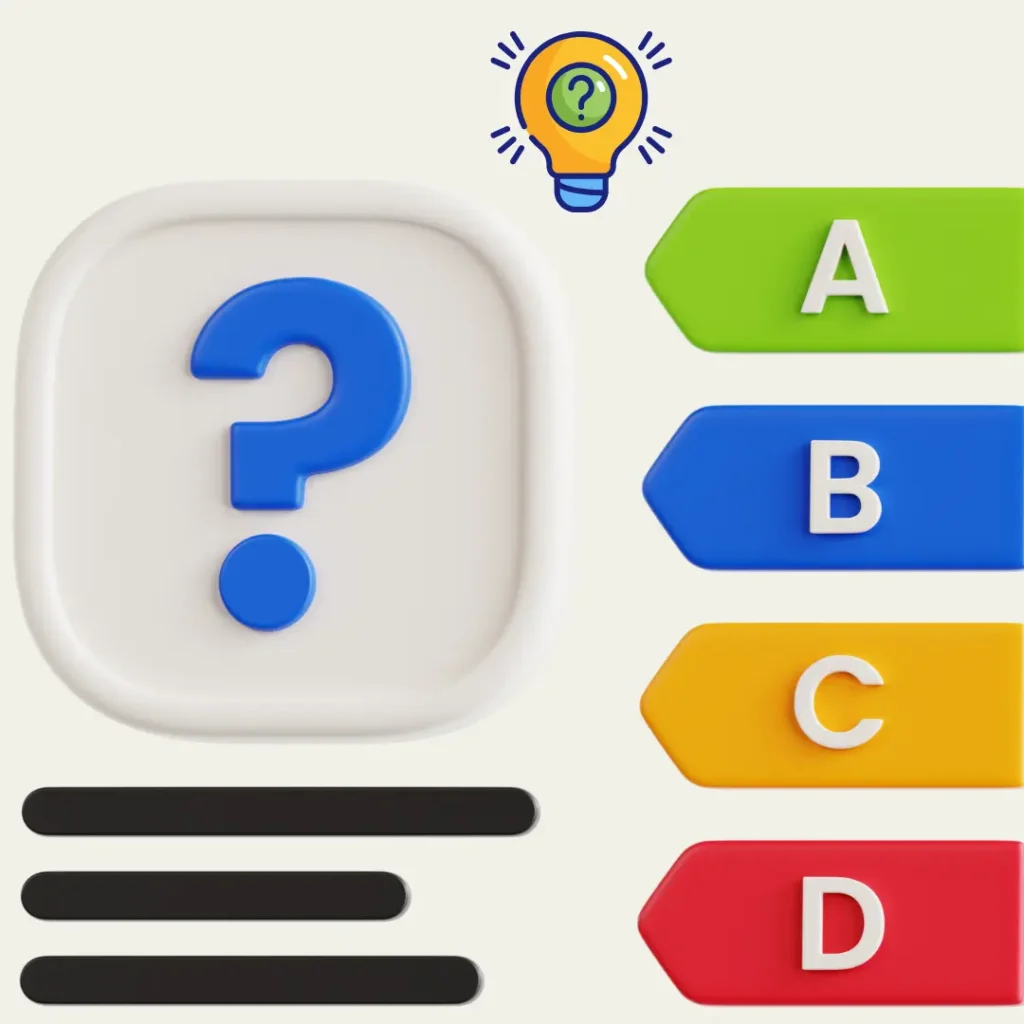
Put Your Knowledge to the Test: 25 Digital Marketing MCQs
Ready for the challenge? Here is a curated set of digital marketing mcq questions covering all essential domains. Grab a notepad, answer them yourself, and then check the answer key at the bottom of this section!
Section 1: SEO & Search Engines

1.What is Search Engine Optimization’s (SEO) main objective?
a) To manage a company’s social media presence
b) To increase the quantity and quality of traffic to a website through organic search engine results
c) To create paid advertisements on search engines
d) To design a website’s user interface
2.In Google’s search algorithm, which of these is NOT a usual ranking factor?
a) Quality and relevance of content
b) Number of keywords stuffed in the page title
c) Number of high-quality backlinks
d) Mobile-friendliness of the website
3.In web analytics, what does the term “bounce rate” mean?
a) The frequency with which users click on advertisements
b) The proportion of users that abandon the website after only looking at one page
c) The speed of the website server
d) The rate of new vs. returning visitors
Section 2: Social Media Marketing (SMM)
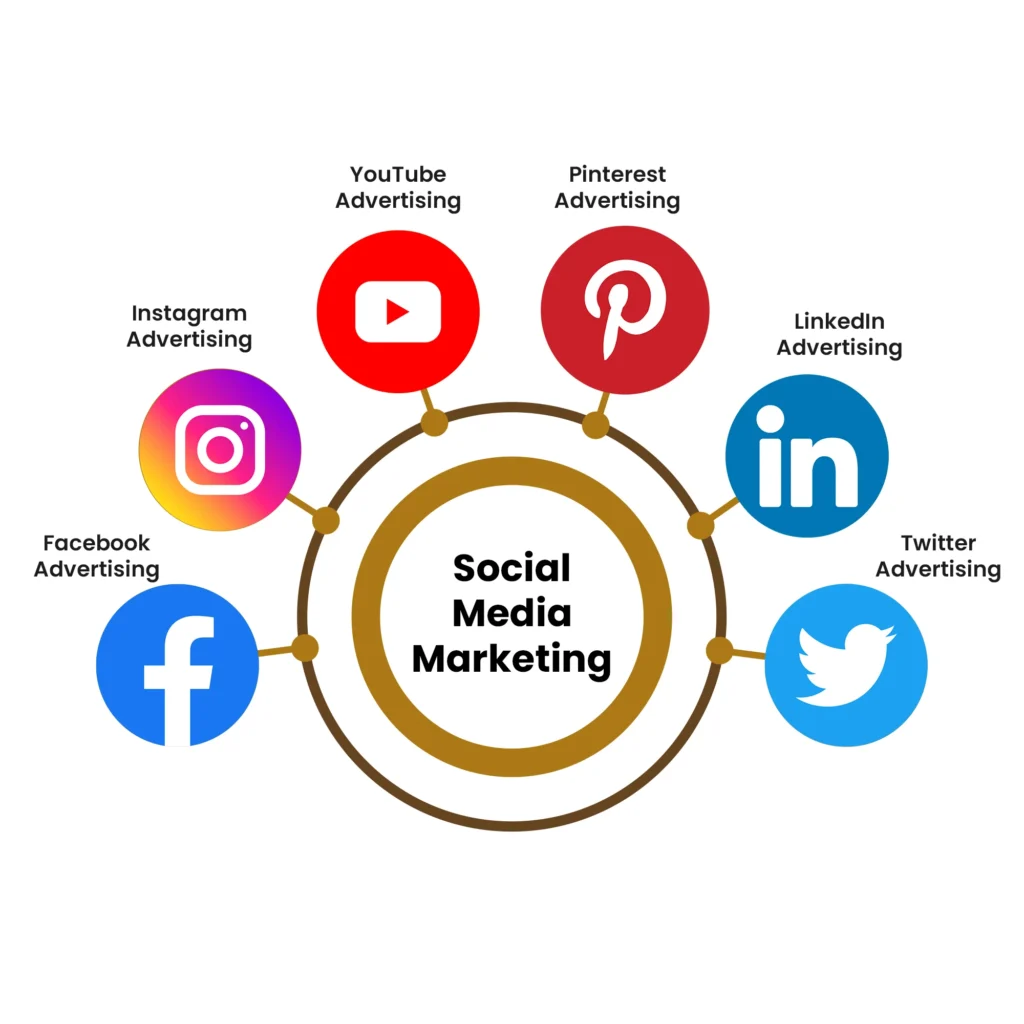
4.Which metric is most important for measuring brand awareness on social media
a) Click-Through Rate (CTR)
b) Reach and Impressions
c) Conversion Rate
d) Cost Per Click (CPC)
5.What is the main objective of A/B testing in a campaign for social media advertising?
a) To identify your target audience
b) To compare two versions of an ad to see which performs better
c) To schedule posts for optimal timing
d) To analyze competitor activity
6.On which platform would a short-form, viral video campaign be most effective?
a) LinkedIn
b) TikTok
c) Twitter (X)
d) Pinterest
Section 3: Email Marketing & Automation
7.What is the main advantage of segmenting an email list?
a) It lowers your email marketing software’s price.
b) It allows you to send more relevant and targeted marketing messages
c) It automatically unsubscribes inactive users
d) It guarantees a higher open rate for every campaign
8.Which of these is a best practice for an email campaign subject line
a) Use all capital letters to grab attention
b) Make it vague to encourage opens
c) Keep it short, descriptive, and compelling
d) Use excessive emojis
Section 4: PPC Advertising & Analytics
9.In Google Ads, what does PPC stand for?
a) Pay-Per-Conversion
b) Pay-Per-Click
c) Page-Per-Customer
d) Public-Per-Content
10.What is the purpose of a remarketing campaign?
a) To attract entirely new customers
b) To target those who have already been to your website
c) To improve your organic search ranking
d) To manage your social media communities
Section 5: Mobile & Interactive Marketing
11.Mobile marketing specifically targets the mobile user through which primary devices?
a) Desktop computers and laptops
b) Smartphones and tablets
c) Smart TVs and gaming consoles
d) Print media and radio
12.Which technology uses a mobile phone’s GPS to send promotional offers (marketing messages) to customers when they are near a store?
a) Bluetooth Marketing
b) Location-Based Services
c) Interactive Marketing
d) Email Campaigns
More Digital Marketing MCQ’s to Sharpen Your Skills
If you’re serious about mastering online marketing, the best way is to test yourself with more practice questions. Below, you’ll find additional digital marketing mcq’s across content marketing, analytics, influencer marketing, and e-commerce. Use these to challenge your knowledge and see where you stand.
Section 6: Content Marketing & Strategy
13.What is content marketing’s main objective?
a) To directly sell products in every post
b) To create valuable, relevant, and consistent content that attracts and retains a clearly defined audience
c) To only publish on social media platforms
d) To increase website server speed
14.Content type is best suited for building long-term SEO traffic?
a) Infographics
b) Blog posts and articles optimized with keywords
c) Paid ads
d) Social media stories
15.What is a content calendar used for?
a) To track competitors’ keywords
b) To schedule, plan, and organize future content
c) To design social media graphics
d) To measure ad spend
Section 7: Web Analytics & Data Insights
16.What does CTR stand for in digital marketing?
a) Customer Traffic Ratio
b) Click-Through Rate
c) Conversion Tracking Rate
d) Client Transaction Record
17.In Google Analytics, what does “average session duration” tell you?
a) The time taken to load a webpage
b) The length of time a user spends on your site in a single visit
c) The number of returning visitors
d) The average number of conversions per user
18.Which of the following is considered a KPI (Key Performance Indicator) in digital marketing?
a) Font size on a webpage
b) Number of backlinks acquired
c) Conversion rate
d) Website color scheme
Section 8: Influencer & Affiliate Marketing
19.What makes influencer marketing powerful?
a) High production costs
b) The trust and authenticity influencers have with their audience
c) Paid search rankings
d) Traditional offline promotions
20.Which metric is the most important when selecting an influencer for a campaign?
a) Number of followers only
b) Engagement rate and audience relevance
c) Their personal hobbies
d) Number of sponsored posts
21.Affiliate marketing works primarily on which payment model?
a) Cost per Acquisition (CPA) or commission-based
b) Cost per Impression (CPI)
c) Monthly flat fee
d) Subscription licensing
Section 9: E-Commerce & Conversion Optimization
22.In digital marketing, what is a landing page used for?
a) To confuse users with multiple offers
b) To drive a specific action, such as signing up or purchasing
c) To showcase unrelated blog posts
d) To act as a company’s homepage
23.Which of these sums up the “cart abandonment rate” the best?
a) The number of users who browse products but never add them to cart
b) The percentage of users who add items to the cart but leave before completing purchase
c) The total number of products sold
d) The conversion rate of checkout forms
24.What is the role of A/B testing in e-commerce?
a) To test product prices only
b) To compare two versions of a page or element to see which performs better
c) To identify spam traffic
d) To monitor affiliate links
25.Which digital tool is most effective for retargeting e-commerce shoppers?
a) Print advertisements
b) Google Ads and Facebook Pixel tracking
c) Radio jingles
d) Flyers and brochures
Answer Key & Explanations
Check your answers below! Don’t just mark them right or wrong—read the explanations to understand the why behind each correct answer.
1.b) To increase the quantity and quality of traffic to a website through organic search engine results
2.b) Keyword stuffing is an outdated, spammy tactic that can penalize a site’s ranking.
3.b) Bounce rate specifically measures single-page sessions.
4.b) Reach (how many unique users see your content) is a direct measure of awareness.
5.b) A/B testing is a fundamental method for optimizing ad performance.
6.b) TikTok’s entire platform is built on short-form, viral video content.
7.b) Segmentation allows for personalization, which dramatically improves engagement.
8.c) Clear and compelling subject lines outperform vague or spammy ones.
9.b) PPC is the core model of Google Ads.
10.b) To target those who have already been to your website
11.b) Mobile marketing is defined by its channel: mobile devices like phones and tablets.
12.b) Location-based services use geofencing technology to trigger messages.
13.b)Content that attracts and retains an audience
14.b)Blog posts/articles for long-term SEO traffic
15.b) Organizing and scheduling future content
16.b) Click-Through Rate (percentage of clicks vs views)
17.b) Average time a user spends per visit
18.c) Conversion rate (measures campaign success)
19.b) Influencers are trusted by their audience
20.b) Engagement rate and audience relevance matter most
21.a) Commission/CPA model for affiliate marketing
22.b) Landing page drives one specific action (CTA)
23.b) Users abandon carts before completing purchase
24.b) A/B testing compares two versions for performance
25.b) Retargeting with Google Ads & Facebook Pixel
How Well Did You Score in Digital Marketing MCQs
23+ Correct: Digital Marketing Guru! Your knowledge is comprehensive.
15-22 Correct: On the Right Track! You have a solid base; focus on your weak areas.
<15 Correct: Beginner Mode Activated! Keep learning and testing yourself regularly.

Why Keep Practicing Digital Marketing MCQ’s?
Every set of digital marketing mcq’s challenges you to think deeper and apply theoretical knowledge in practical situations. Whether your goal is certification, a job interview, or simply staying ahead in this ever-changing field, consistent practice is key.
The more you solve, the sharper your instincts become. Over time, answering digital marketing mcq’s won’t feel like a test—it will feel like second nature. That’s the real secret to mastering online marketing and building long-term career success.
This guide is perfect for:
- Preparing for certifications (Google, HubSpot, Facebook Blueprint).
- Acing job interviews for digital marketing roles.
- Conducting team training workshops.
- Benchmarking your yearly knowledge growth.
Conclusion
Keep Learning, Keep Testing .
Mastering the world of digital marketing isn’t just about reading strategies—it’s about applying them and constantly testing your understanding. That’s where digital marketing mcq’s become such a powerful tool. They don’t just measure what you know; they highlight where you need to grow, whether it’s SEO, PPC, SMM, or email marketing.
By practicing regularly with digital marketing mcq’s, you turn passive knowledge into active recall, the kind of learning that sticks. Whether you’re preparing for certifications, gearing up for an interview, or simply brushing up on your skills, these practice questions give you a competitive edge.
Keep in mind that the digital world is constantly changing—each year, new trends appear, platforms shift, and algorithms change.. Making a habit of solving digital marketing mcq’s keeps your skills keen and self-assured, guaranteeing that you remain ahead of the curve.
So don’t stop here—challenge yourself, retake the test, and keep exploring new areas. With consistent practice, you’ll transform from learner to expert and position yourself as a true digital marketing professional.
What is Digital Marketing ?
Digital marketing is the promotion of brands, products, and services using digital channels and technologies to reach and engage potential customers. This includes online platforms like websites, social media, and email, as well as text and multimedia messages, to connect with audiences.
What is SEO
SEO, or Search Engine Optimization, is the process of optimizing a website to improve its visibility and ranking in search engine results pages (SERPs) for unpaid or “organic” search results. The goal of SEO is to attract more users by making your website easier for both search engines to understand and users to find when they search for relevant information, products, or services. consectetur adipiscing elit. Ut elit tellus, luctus nec ullamcorper mattis, pulvinar dapibus leo.
What is SMM
SMM stands for Social Media Marketing, which is the process of using social media platforms like Facebook, Instagram, and LinkedIn to promote products, services, or a brand. It involves creating and sharing engaging content, interacting with the audience, running paid advertisements, and analyzing performance to build brand awareness, drive website traffic, and increase sales.
